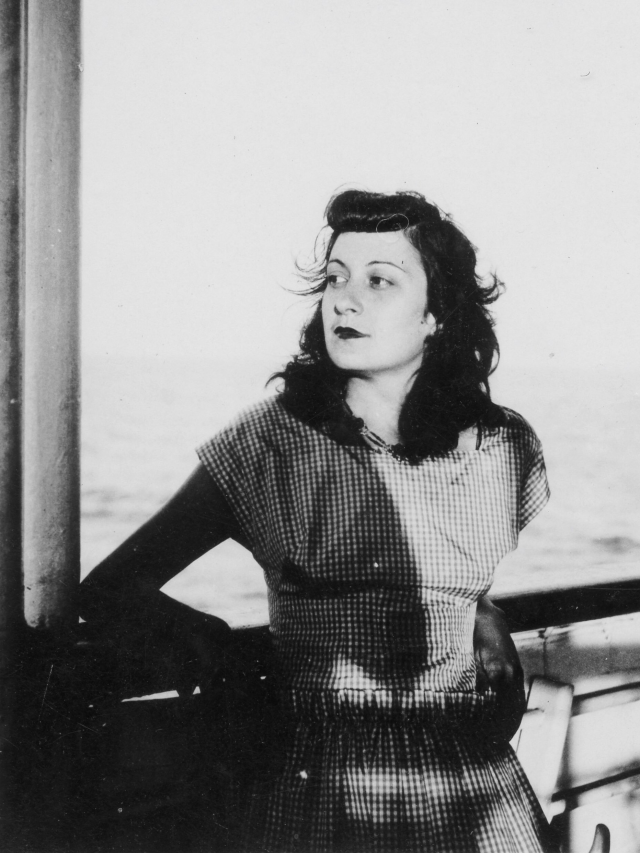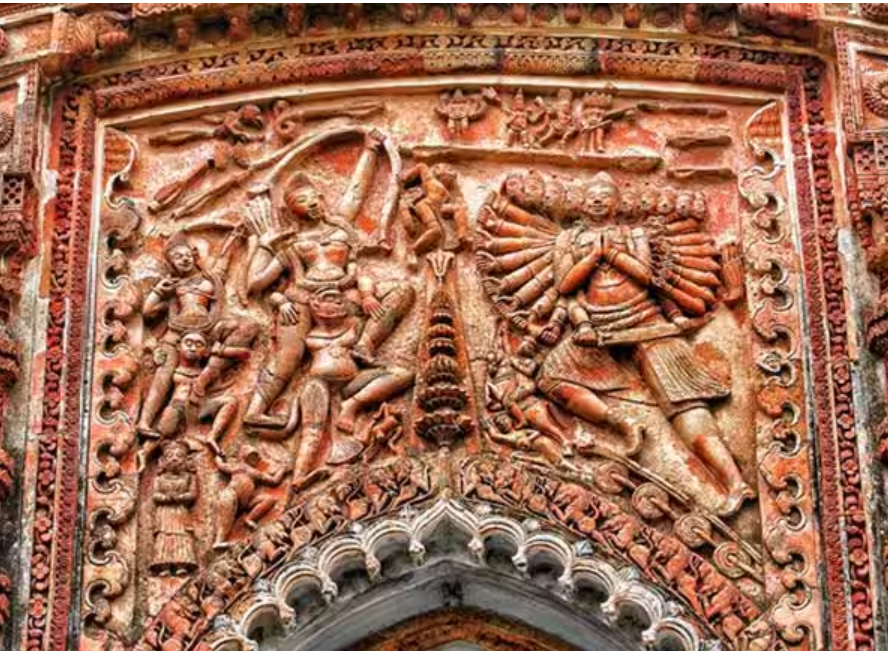Celebrating Female Architects
Architecture has been blessed with the vision and creativity of exceptional human beings, of which female architects are one. By expanding the status quo from early pioneers of modernist styles to incorporating tradition in contemporary design, these women have altered the course of architecture. Here are some of the achievements shaped by the most famous women in architecture.
1. Zaha Hadid: The Queen of the Curve
She was the first woman to win the Pritzker Architecture Prize, and known for her radical deconstructivist style; a form of post-modernism that challenges traditional assumptions about what shapes our buildings should take. Her iconic buildings, which include the MAXXI Museum in Rome and the London Aquatics Centre, upend traditional architectural forms in favour of rounded, organic shapes. The work of Hadid is still inspiring and pushing the limits of architecture.

2. Jeanne Gang: Reimagining Urban Spaces
Studio Gang, Jeanne Gang Jeanne Gang Jeanne Gang is an architect with a focus on sustainability and social relevance. One of her most prominent projects is the Aqua Tower in Chicago, which merges stunning design with environmental consciousness. Gang’s methodology highlights communal diversity and holds deep environmental roots, which makes her an iconic figure in contemporary urban design.

3. Julia Morgan: A Pioneer of Californian Architecture
While is was uncommon for women to be admitted to the École des Beaux-Arts in Paris, Julia Morgan led a much celebrated career as one of America’s most important architects. With 34 years of experience, her projects include the Hearst Castle in San Simeon and other examples of American Beaux-Arts architecture. Thanks to her vast body of work, Morgan lives on in the homes and institutional buildings she built © University of California San DiegoISC/Alam

4. Lina Bo Bardi: Integrating Modernism with Brazilian Culture
Her work combined modernist principles with Brazilian cultural factors, leading to creations that are unbeatable. She is praised for her adaptive use of materials to their content and site conditions, an example being the São Paulo Museum of Art (MASP) and he work at SESC Pompéia. Her legacy speaks to an engagement with culture and architecture that was open and tolerant.
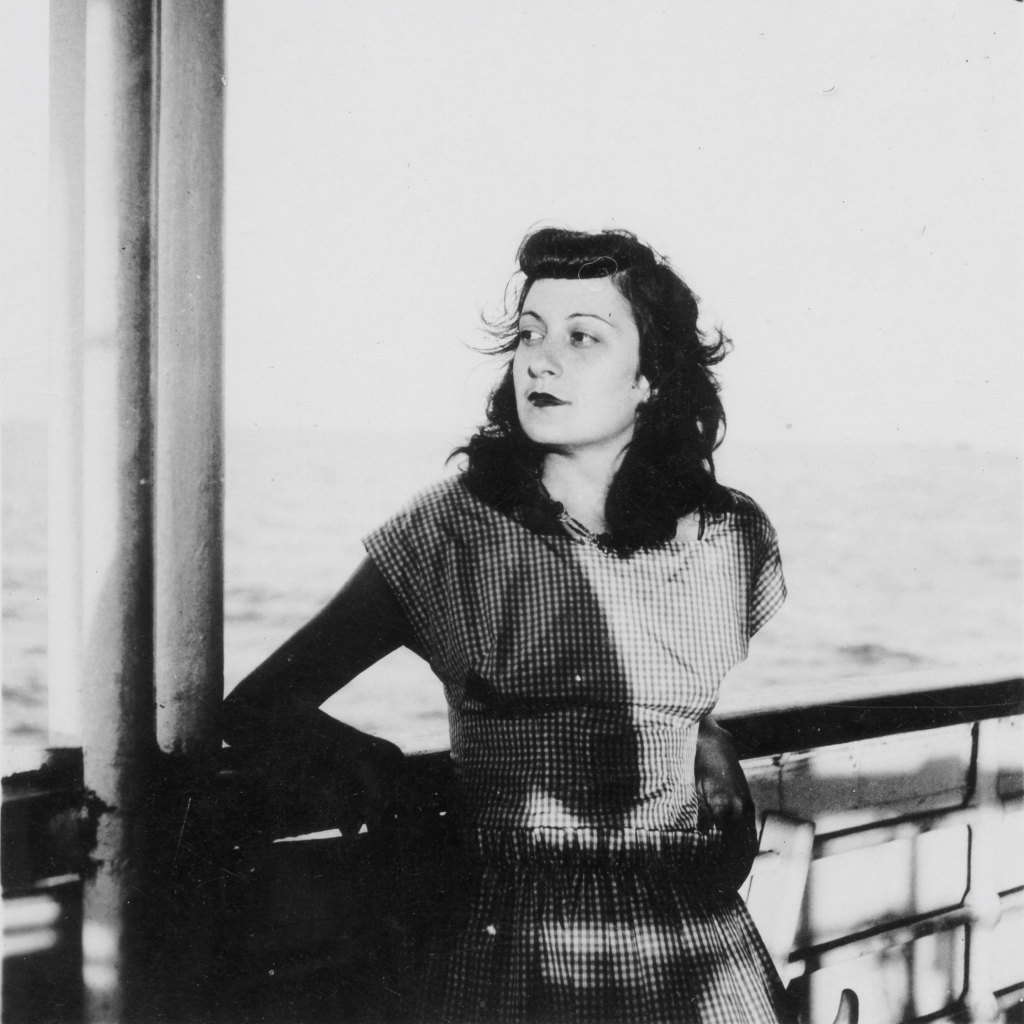
5. Marion Mahony Griffin: The Unsung Heroine of Prairie Style
Prairie Style Architecture: Developed by Marion Mahony Griffin, one of Frank Lloyd Wright’s most important collaborators. Her details and blueprints helped several signature projects see the light of day. Her work, however, serves as a powerful testament to her skills and popularity as an architect in the early 20th century.
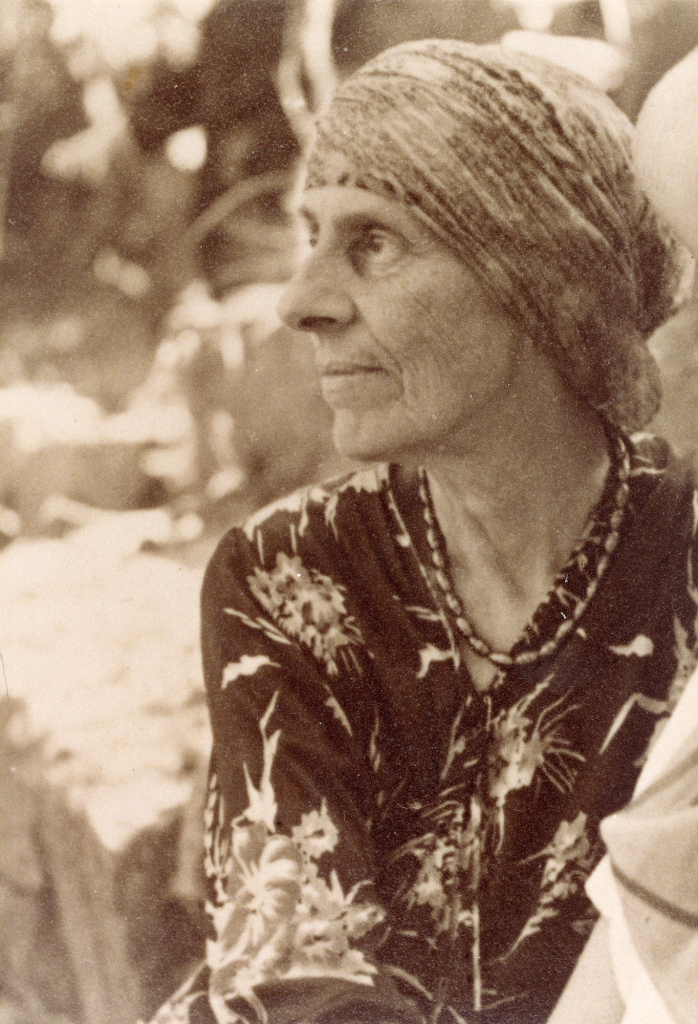
6. Eileen Gray: A Modernist Visionary
Eileen Gray was a unique figure within the modernist movement in architecture and design. Among her more famous creations, the E-1027 house stands as a testament to her pioneering work in residential design. In light of ongoing debates within architectural universities and the new era in which we find ourselves, Gray’s call for functionalism is rejuvenated.

7. Kazuyo Sejima: Minimalism Meets Elegance
Kazuyo Sejima, SANAA’s co-founder, and her signature simplicity fashion-avenue attitude stand out. Her ability to find a balance between visually stimulating spaces and innovative functionality is something very apparent in projects such as the Rolex Learning Center, and the 21st Century Museum of Contemporary Art in Kanazawa. Lightness, transparency and openness are characteristic rather of Sejima? s work.
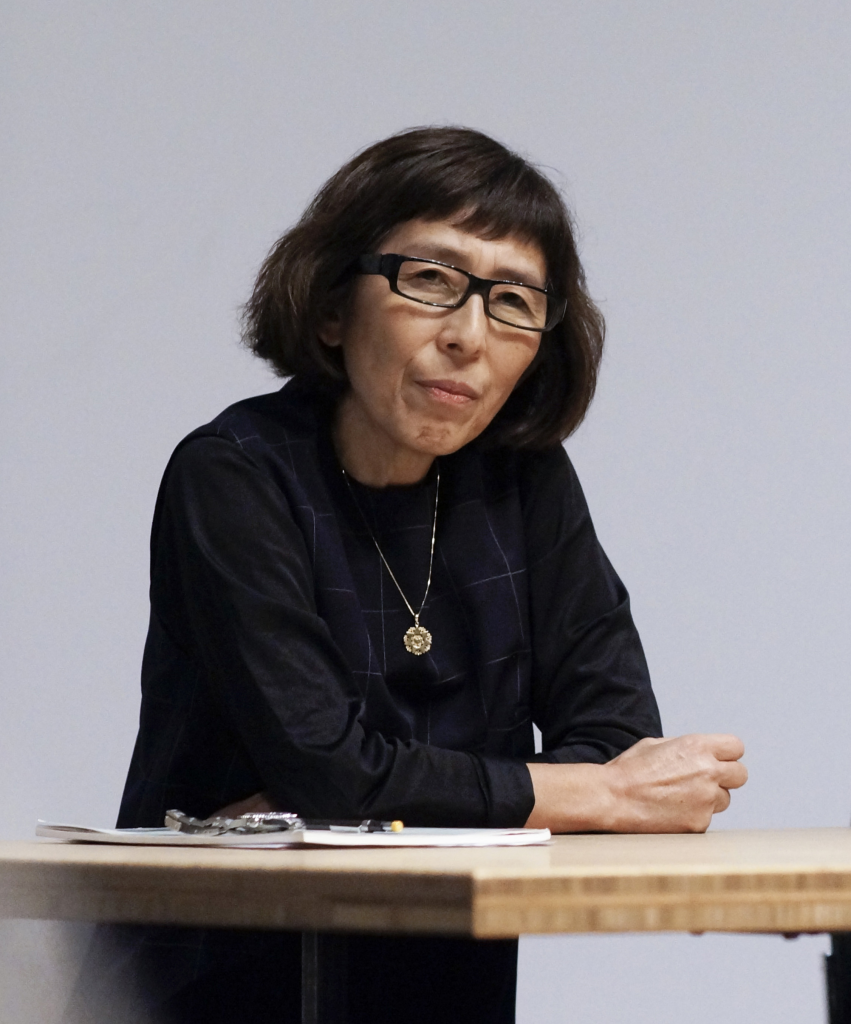
8. Annabelle Selldorf: Redefining Urban Context
Known for her sophisticated, principled designs that are informed by place, history, and client need, Annabelle Selldorf is the founder of New York City-based practice Selldorf Architects. Her practice ranges from the renovation of the Neue Galerie in New York to many residential projects filtering elegance and practicality. And the aesthetic sensibility of Selldorf — which effortlessly pairs contemporary style with historical context.

9. Denise Scott Brown: A Visionary in Urban Planning
Another female figure, who shaped urban planning and architectural theory is Denise Scott Brown famous as being a partner with Robert Venturi. The newly published Learning from Las Vegas, the book which has had such an impact on architectural thinking, is only a beginning. The legacy of Scott Brown lives on in the field of architectural education and practice.

10. Norma Merrick Sklarek: Breaking Barriers
Norma Merrick Sklarek-first African American woman to be licensed as an architect in the United States The projects of her work included the Los Angeles International Airport and the California State Building, all of which emphasized her contribution as a pathbreaker in the profession. Sklarek becomes a pioneer for other architects to come.

11. Elizabeth Diller: Redefining Public Spaces
Elizabeth Diller, a partner at Diller Scofidio + Renfro, is known for her innovative approach to public spaces and cultural institutions. Her work on the High Line in New York City and the Museum of Image and Sound in Rio de Janeiro exemplifies her commitment to creating engaging and transformative urban environments.
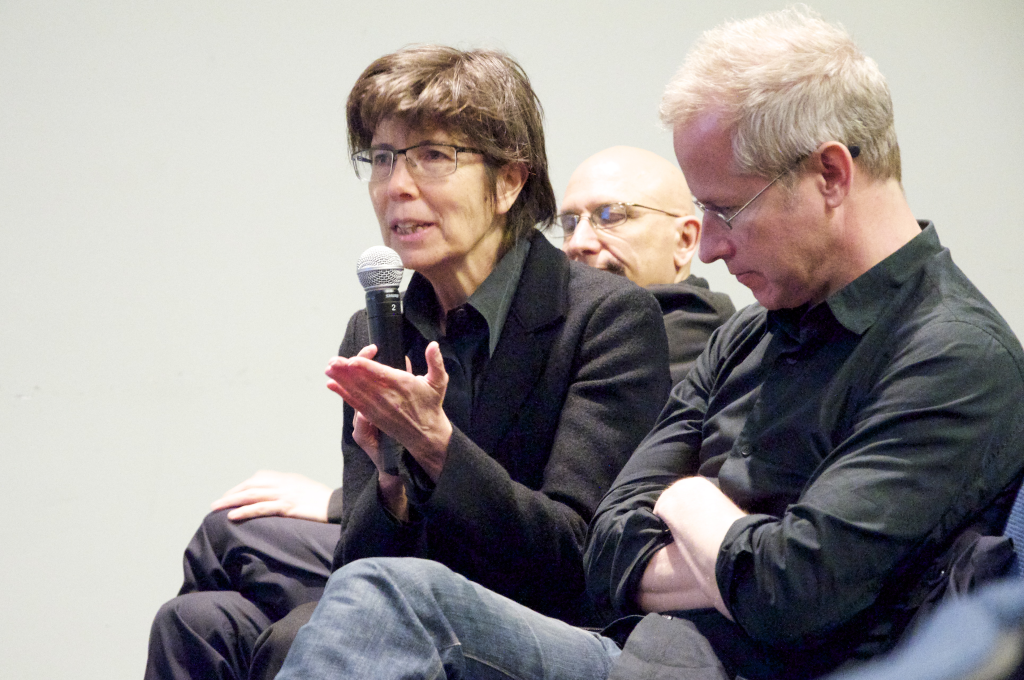
12. Anupama Kundoo: Sustainable Design in India
The Indian architect Anupama Kundoo is known for her sustainability and contextual design approach. Her works like the Wall House and Auroville Earth Institute establish her commitment to sustainability through local materials, and age-old techniques, done in a fresh new way. It reminds us that architecture can also be used to tackle pressing environmental and social issues, Kundoo’s work.

13. Sophia Hayden: A Pioneer of the 19th Century
The Woman’s Building at the 1893 World’s Columbian Exposition in Chicago was designed and overseen by Sophia Hayden, one of America’s first woman architects. Her work, at a time when female architects were hardly recognized as professionals is a notable contribution to the discipline.

14. Carme Pigem: Collaborative Design Excellence
Carme Pigem is the only female among RCR Arquitectes architects, a founding partner of the studio where she develop her work through collective process and within the context. Her work, such as the Bell-Lloc Winery and the Les Arcades Shopping Center, stresses engagement with the landscape and respect for its surroundings.

15. Aishwarya Tipnis: Preserving Heritage
Aishwarya Tipnis is an Indian architect and conservationist, specializing in the restoration and adaptive reuse of historic buildings. Her designs feature restoration of a number of cultural heritage sites, making them compatible with her ideal and lifestyle — sustaining local culture which adapting to contemporary needs.

16. Brinda Somaya: Integrating Tradition and Modernity
Angelo Santoboni: My final question is to do with tradition, specifically Indian architectural traditions versus modern architecture and can you see the two merging? A demonstration of her signature practice that supports conservation of cultural heritage with contemporary uses and access can be seen in projects such as the restoration of the St. Xavier’s College in Mumbai.

17. Chitra Vishwanath: Sustainable and Community-Oriented Design
Chitra Vishwanath – The name known largely for Sustainable Architecture and projects that benefit community! Her attention to ecological design ordinances and local materials suggest her desire for the construction of ecologically sustainable and socially significant building solutions.

18. Revathi Kamath: Bridging Traditional and Contemporary
One such example of a renowned Indian architect is Revathi Kamath who has tried to amalgamate the traditional principles of Indian architecture and adapting them to modern design practices Her work frequently investigates cultural tradition in relation to the modern demands, delivering a unique and place-specific design.

19. Sheila Sri Prakash: Advancing Indian Architecture
Sheila Sri Prakash, the originator of Shilpa Architects is a widely acclaimed name in Indian architecture. A few of her many works are listed as residential and institutional projects, demonstrating an unwavering commitment to the contemporary architectural practice in India.

20. Abha Narain Lambah: Heritage Conservation and Urban Design
Abha Narain Lambah is well-known in the fields of heritage conservation and urban design. She has worked on the restoration of historical heritage as well as the urban design to respect and carry forward the cultural legacy.

21. Samira Rathod: Contemporary Indian Architecture
Samira Rathod is a pioneer of new ideas of contemporary Indian architecture. Her projects span from residential to commercial spaces showcasing her capability of making contemporary and socially conscious design, marrying the tradition with modernity.

Conclusion
The work of these female architects stand testament to the breadth found in women who have shaped architecture and continue to do so. Whether in defining new modes of expression or saving those from the past, their output continues to resonate within the built environment. While we do so it is evident that the future of architecture will only be enriched with the vision and creativity these legendary women bring.



